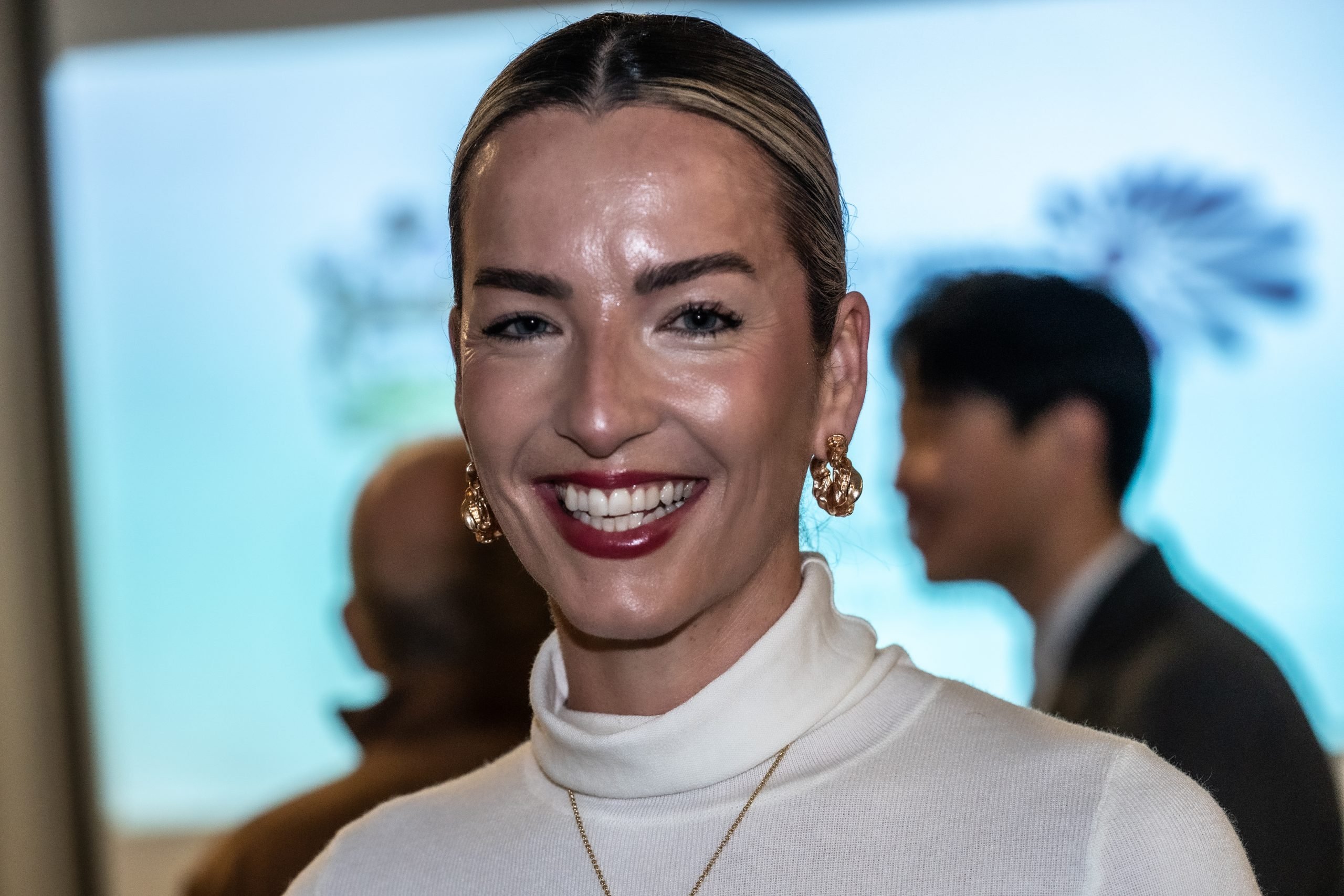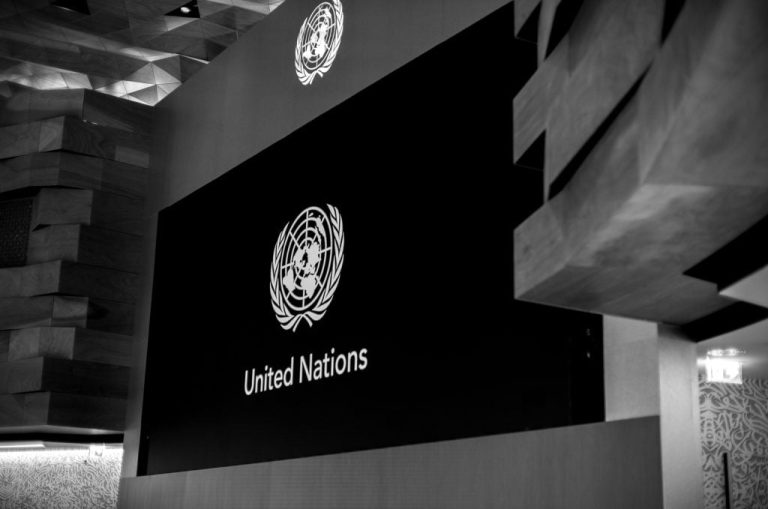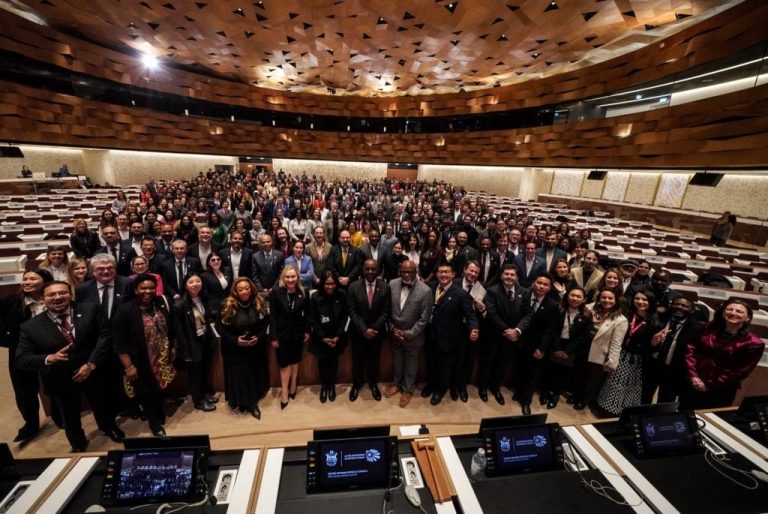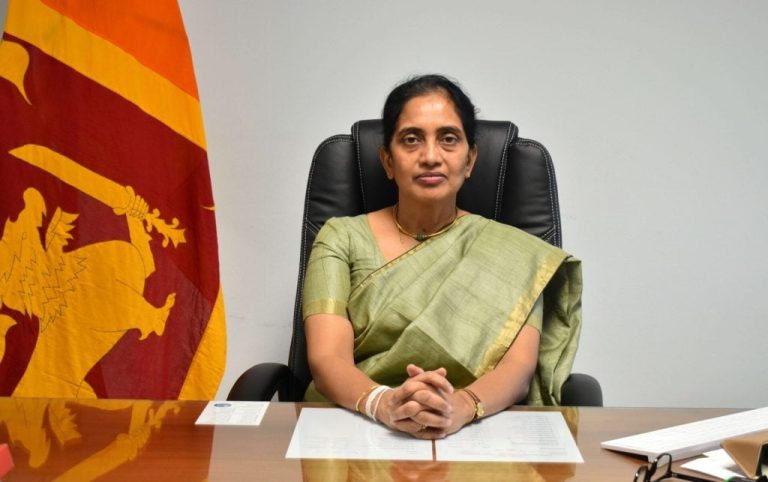Pushing Boundaries: The Essential Call for Inclusive Innovation in AI by Nicole Sweaney
“Welcome back from lunch, everyone! I’d like you to take a moment to envision an aspirational young girl in a classroom, consulting an AI chatbot for career guidance. Full of anticipation for her future—just as she should be—she’s instead steered towards a narrow path: the AI suggests she become an office assistant, placing undue emphasis on attributes like beauty and grace. Meanwhile, her brother in the classroom next door is encouraged towards roles filled with leadership and innovation.
This scenario is not merely hypothetical; it is reflective of our current reality. Research indicates that AI chatbots are four times more likely to associate girls’ names with domestic tasks compared to boys, showcasing how unchecked AI doesn’t simply mirror societal biases—it intensifies them, ultimately influencing aspirations and constraining futures. It is time we address this critical issue.
It is a privilege to speak to this remarkable assembly of inspiring, visionary individuals from around the globe. Holding a doctorate in Renaissance science research, I work as a data scientist and AI strategist, leading AI Her Way. For nearly two decades, I have collaborated with prestigious organizations such as the UN, World Bank, and various governments on pressing social and environmental justice issues. In the last 18 months alone, I have partnered with over 60 organizations to promote AI literacy and advocate for ethical AI integration.
My mission is clear: to ensure that AI serves the interests of all individuals, not just a select few. The challenge of data sovereignty and its interplay with technological innovation stands as one of the most urgent issues we face today. As countries like the US, UK, and China invest heavily in AI, we must scrutinize who truly benefits from these advancements and, more crucially, who bears the consequences.
AI holds the promise of elevating humanity by generating remarkable opportunities and addressing our most significant challenges. Yet, women—especially those in developing countries—are at risk of being systematically excluded and facing dire consequences.
Let me highlight five major obstacles we must confront:
First, women are underrepresented in AI development. Globally, women account for less than 30% of the AI workforce, effectively sidelining us from designing the systems that shape our future.
Second, the training data used for AI exhibits biases against women. This data, often culled from the internet, mirrors existing societal inequalities rather than the visionary future we aim to create.
Third, women face disparities in AI access. In the world’s least developed countries, men are 52% more likely to have internet access than women. Even in a nation like mine, Australia, men are still twice as likely to utilize generative AI tools compared to their female counterparts.
Fourth, women’s employment is more vulnerable to automation. Approximately 80% of working women occupy roles at high risk of being automated, as opposed to 58% of men. In many developing nations, the threat of job displacement is both immediate and severe. From initiatives addressing AI bias in Jordan’s educational systems to recognizing the risks confronting women in the Philippines’ virtual assistant sector, I’ve witnessed these challenges firsthand.
Fifth, AI models are evolving further away from women’s perspectives as user interaction with AI predominantly comes from male users, pushing these models away from understanding women’s needs and experiences.
This isn’t just a women’s issue. As a woman speaking on this topic, I emphasize that this is fundamentally a societal concern. The exclusion of women, marginalized communities, and developing nations cannot continue, nor can the world afford to overlook their contributions.
So, what steps can we take? How do we ensure AI acts as a force for good rather than reinforcing existing inequalities? We must focus on three essential actions:
First, we need to cultivate ethical AI literacy. As a society, we must empower individuals to question, critique, and shape the AI landscape by integrating ethical literacy in schools, workplaces, and communities to promote informed decision-making.
Second, we need to advocate for gender equity in AI. It’s essential to dismantle systemic barriers that keep women from participating in AI creation and leadership through targeted training initiatives, mentorship programs, and inclusive practices.
Third, we require adaptive, inclusive governance of AI. The rapid pace of AI development demands governance that harmonizes innovation with oversight, prioritizing equity and sustainability.
This is a pivotal moment—it’s not time to linger on the sidelines. This is a call for bold, deliberate action. The future we are collectively crafting in this room can only materialize when women are at the forefront, actively shaping the technologies that will impact generations to come.
Thank you.”






